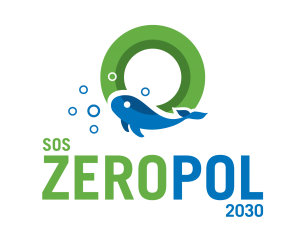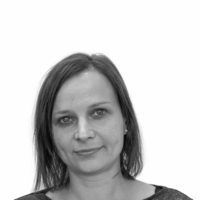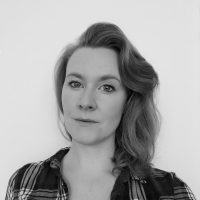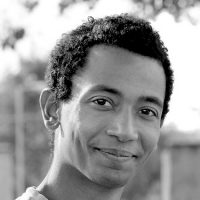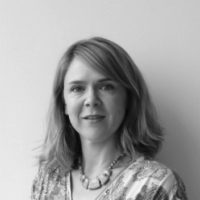
MaREI Workshop at the European Maritime Day
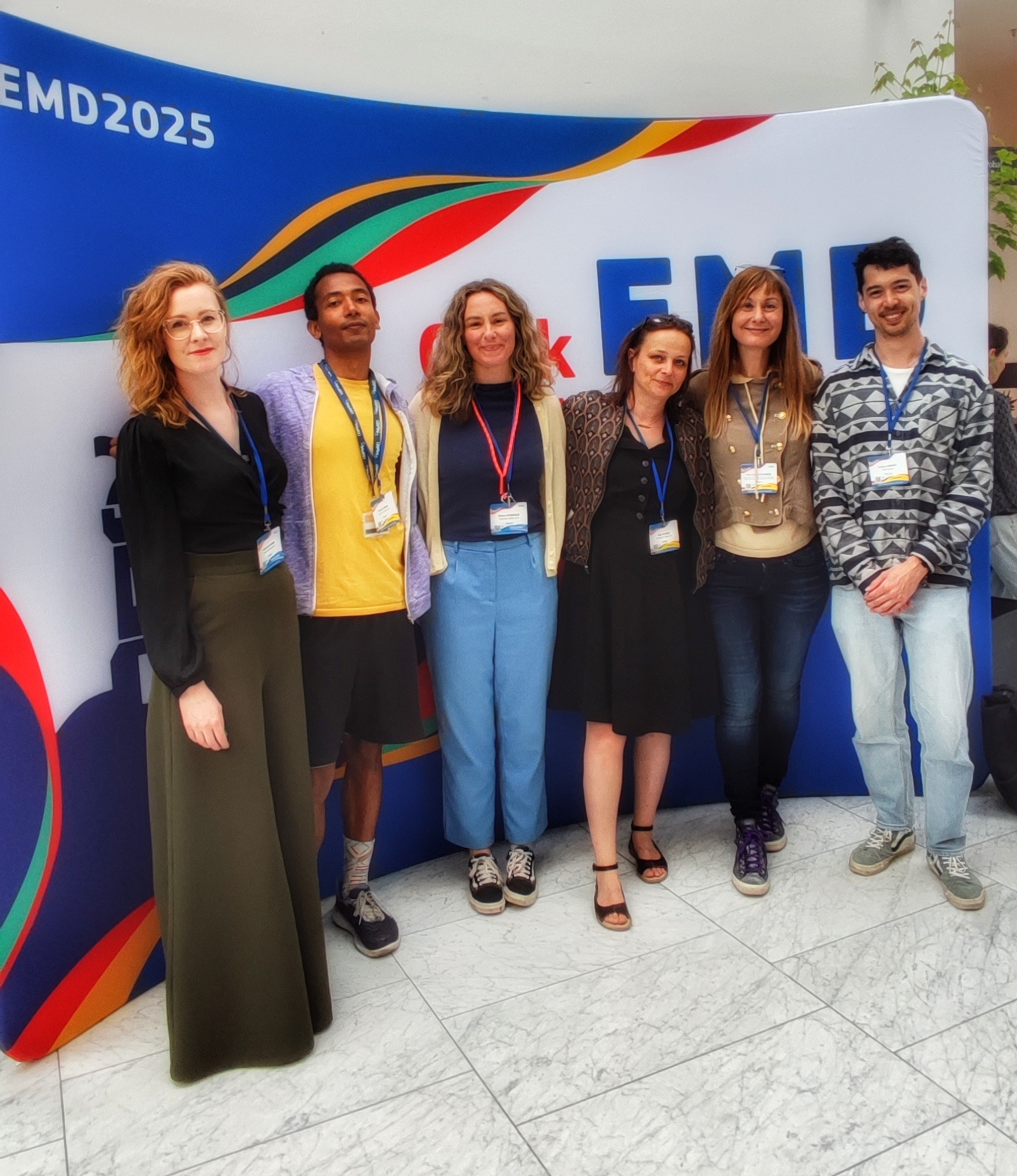 From Left to Right: Orla-Peach Power (MaREI, UCC), Thomas Heising (MaREI UCC), Eimear Fitzgerald (MaREI, UCC), Kathrin Kopke (MaREI, UCC), Thomais Vlachogianni (MIO-ECSDE, Greece), Remco Lameijer (GRID-Arendal, Norway)
From Left to Right: Orla-Peach Power (MaREI, UCC), Thomas Heising (MaREI UCC), Eimear Fitzgerald (MaREI, UCC), Kathrin Kopke (MaREI, UCC), Thomais Vlachogianni (MIO-ECSDE, Greece), Remco Lameijer (GRID-Arendal, Norway)
SOS-ZEROPOL2030, which is coordinated by MaREI UCC hosted a workshop around science communication and stakeholder engagement in the context of marine pollution. SOS-ZEROPOL2030 Partners from GRID-Arendal in Norway and the Mediterranean Information Office for Environment, Culture & Sustainable Development in Greece joined the team to showcase the projects efforts to make evidence-based scientific information for different marine pollutants more accessible for diverse audiences and engaging by using creative and transdisciplinary approaches. A key focus was the Living Lab approach, which fosters collaboration with stakeholders around three regional seas and focuses on Tyre Wear Particles (TWPs) and PFAS, two pollutants that are poorly understood and regulated but increasingly present in our marine environments. The workshop introduced several of the SOS-ZEROPOL2030 approaches with:
- Kathrin Kopke (MaREI, UCC), Project Coordinator, who opened the session, introduced SOS-ZEROPOL2030 and moderated the workshop.
- Thomas Heising (MaREI, UCC) introduced the ZEROPOL Hub, an online library that provides accessible, reliable, searchable and scientifically accurate resources on marine pollution for diverse audience.
- Remco Lameijer (GRID-Arendal, Norway) showcased interactive StoryMaps on PFAS and TWP, demonstrating how narrative-driven visuals can demystify complex topics.
- Thomais Vlachogianni (MIO-ECSD- Mediterranean Information Office for Environment, Culture & Sustainable Development) presented on stakeholder engagement strategies in the Mediterranean with focus on TWPs, emphasising the value of regional Living Labs in co-creating science-based and fit-purpose solutions.
Participants engaged in small group discussions to share their concerns and insights to highlight challenges and ideas for improving how science is communicated and how stakeholders are involved around marine pollution topics. Despite identified challenges, there was also a sense of optimism and momentum toward better practices.
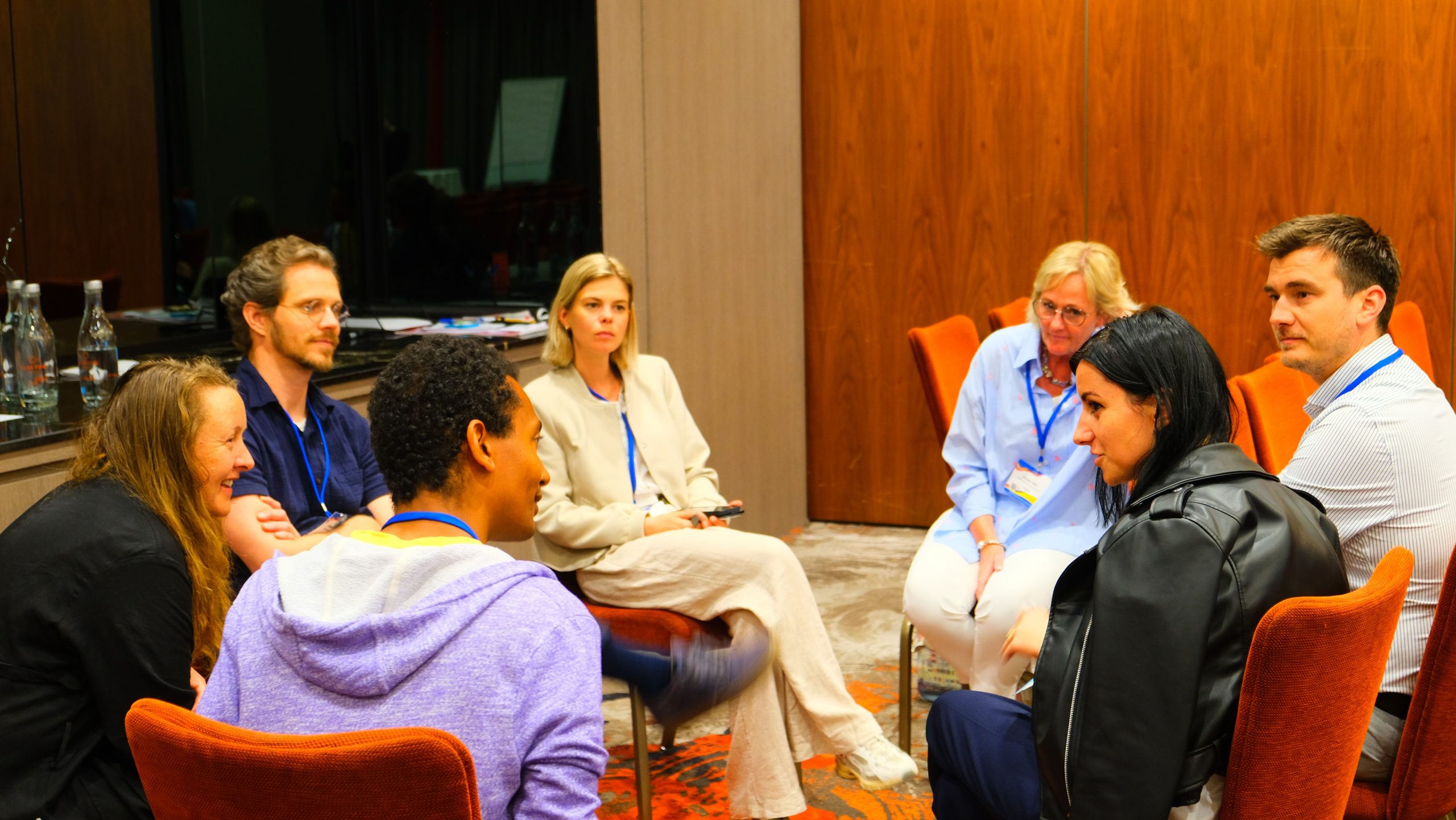
KEY CONCERNS DISCUSSED IN GROUPS INCLUDED:
- Short project timelines and insufficient funding for sustained communication efforts
- Limited institutional support for science engagement roles
- Language barriers and difficulties in translating scientific concepts
- Sensationalism and misinformation in mainstream and social media
- Loss of nuance and over-reliance on generic or AI-generated summaries
POSITIVE DEVELOPMENTS IDENTIFIED IN GROUPS HIGHLIGHTED:
- Growing use of transdisciplinary and gender-balanced approaches
- Greater appreciation for stakeholder engagement and co-creation
- Expansion of creative communication tools like serious games and citizen science
- Increasing use of visual storytelling and sensory experiences
- An increase in science communication roles and public interest in environmental issues
In conclusion participants summarised their shared perspectives by identifying agreed upon Key Strengths and Weaknesses in Current Approaches:
|
STRENGTHS |
WEAKNESSES |
|
|
The SOS-ZEROPOL2030 workshop was a powerful reminder that effective science communication and stakeholder engagement are not optional but essential. A heartfelt thank you to all participants and facilitators who contributed to the vibrant dialogue and collaborative spirit of the workshop. Special thanks to Clara Felberbauer, Cork City Council, Brit Alexander, European Marine Board and Aoife Deane, MaREI, University College Cork, who stepped in to support the event as group facilitators on short notice!



